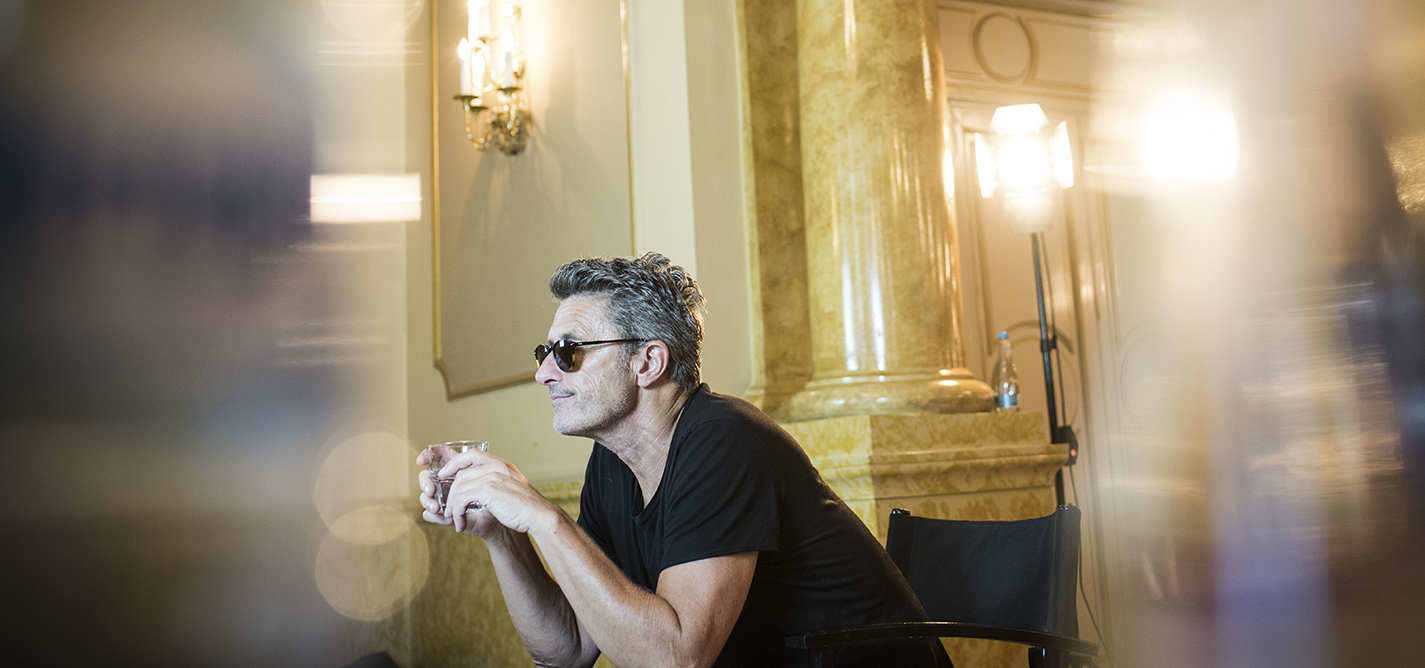
Pawel Pawlikowski: I can’t make documentaries now because the world is so ‘mediatized’
Multi-award-winning contemporary film director speaks about documenting Radovan Karadžić and Vladimir Zhirinovsky, and the construction of truth.
|23.08.2019
|
Even the ideas for “Cold War” or “Ida,” which I’d already had for a long time in some form, I put them aside and then did the other stuff, but these stories were [still] live.
I wasn’t filming a movie about Karadžić. He was just part of this tableau picture.
I was doing documentaries, a real person, somewhere interesting, not digitized, with a 16mm camera. I was getting filmed gold dust.

Ljupko Mišeljić
Ljupko Mišeljić was born in 1996 in Trebinje, Bosnia and Herzegovina. He has been a journalist since 2012, reporting mostly about culture, politics, transitional justice and human rights.
This story was originally written in English.